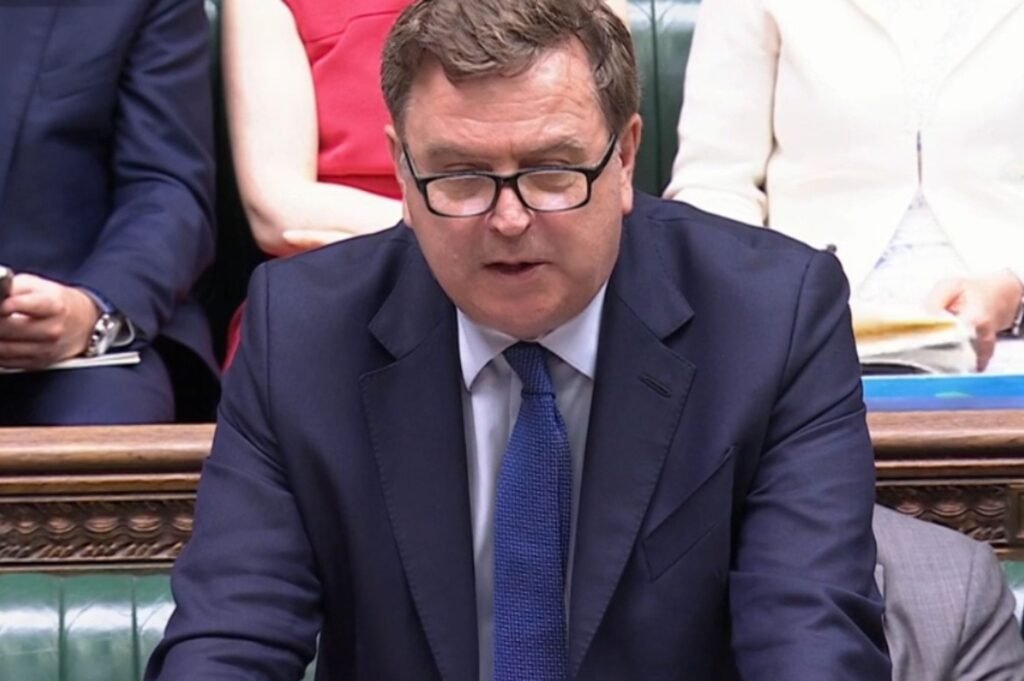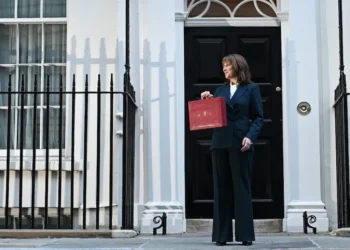Chancellor Rachel Reeves is calling for a new approach to repair what she describes as the harm Brexit inflicted on young people’s opportunities. She is unveiling a plan to create “an ambitious youth experience scheme” that would allow mobility for those under 30 between the UK and the European Union.
The initiative, Reeves explained, would give young Britons the chance to live, work, and volunteer in EU countries on temporary visas, while young Europeans would have the same access to the UK. Speaking ahead of the Labour Party’s annual conference, the chancellor framed the proposal as both an economic boost and a cultural exchange that could strengthen ties across the Channel.
“We have agreed as a government that we want to have an ambitious youth experience scheme to allow young people in Britain to be able to go and work, to travel, to volunteer, to gain experience, to learn languages in European countries.”
Chancellor Rachel Reeves
According to Reeves, the program could also reduce the need for higher taxes in the upcoming budget. She confirmed that she wants the Office for Budget Responsibility (OBR) to assess the scheme’s potential economic impact before the budget is finalized.
Reeves emphasized that the Brexit fallout had already been recognized by the OBR, which had previously estimated that the UK economy would be 4% smaller due to leaving the EU. She argued that her youth scheme could help offset some of that loss, saying, “As a result of that reset in May, we think the economy will be stronger.”
While critics such as Nigel Farage and Reform UK are expected to label the move a betrayal of Brexit, polling suggests broad public support. A survey conducted by YouGov in August found that 76% of respondents supported the scheme, with only 13% opposed. Strikingly, 55% of Reform UK voters backed a permanent mobility plan for under-30s, despite the party’s hardline stance on immigration.
Another poll by YouGov, commissioned by Best for Britain, underscored shifting public sentiment. It revealed that 56% of those who voted Labour last year believe the country is on the wrong track, with 61% blaming Brexit for the decline. The most common words people associated with Brexit in the survey were “sad,” “frustrated,” and “annoyed.”
Borrowing From Global Visa Models
The proposed youth mobility scheme would mirror existing agreements the UK has with Australia, Canada, and New Zealand. Those programs issue temporary visas to 18- to 30-year-olds for up to two years, provided applicants can show savings of at least £2,530 to support themselves.
Since Brexit, Britain has seen sharp declines in sectors that once relied heavily on young European workers. Some have nicknamed the plan an “au pair visa” because of the shortage of childcare workers, while others call it the “restaurant and bar visa” due to widespread hospitality staff shortages.
The scheme has nevertheless drawn sharp criticism from the opposition benches. Shadow Tory chancellor Sir Mel Stride dismissed Reeves’ plan as a desperate move, saying, “When the Chancellor is reduced to begging the OBR to score a yet to be clarified youth mobility scheme, to scrabble together a few hundred million at best, it shows just how desperate things have become.”
He accused Reeves of worsening Britain’s fiscal position through reckless borrowing.
“Rachel Reeves has already raised taxes by £40 billion a year. Despite saying she wouldn’t come back for more, the Chancellor’s reckless economic mismanagement means more painful tax rises loom.”
Shadow Tory chancellor Sir Mel Stride

Despite such warnings, Reeves continues to insist that her plan will provide young people with opportunities that disappeared after Brexit while injecting new vitality into the UK economy. For many of her supporters, the scheme represents not only a pragmatic economic measure but also a symbolic attempt to rebuild bridges with Europe and restore optimism to a generation that feels shortchanged by Britain’s EU exit.
READ ALSO: Fix the Economy Before Borrowing Again – World Bank Tells Mahama Government























